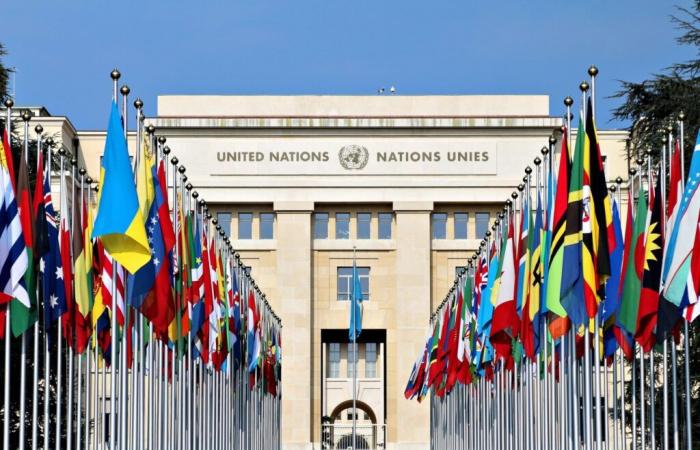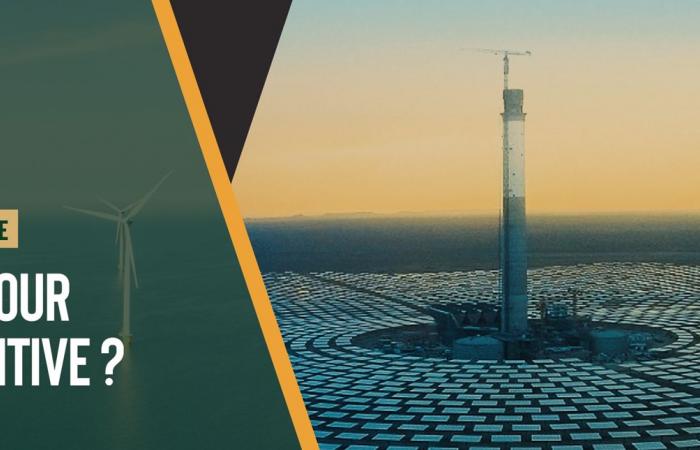
In its annual report entitled “World Economic Situation and Prospects 2025”, published Thursday in New York, the UN forecasts global economic growth of 2.8% in 2025. This expected rebound would be driven by lower inflation and continued monetary easing, but would remain below the pre-pandemic average of 3.2%.
Despite a certain resilience in the face of successive shocks, the UN Department of Economic and Social Affairs emphasizes that the global economy remains faced with structural obstacles. Among them, weak investments, slowing productivity and worrying debt levels.
Uncertainty persists, fueled by geopolitical conflicts, growing trade tensions and rising borrowing costs in several regions. These challenges are particularly critical for low-income countries, where fragile growth threatens to undermine the Sustainable Development Goals (SDGs).
António Guterres calls for global mobilization
In the foreword to the report, UN Secretary-General António Guterres stressed the urgency of concerted action: “Countries cannot ignore these dangers. In our interconnected economy, shocks on one side of the world drive up prices on the other. All countries must be part of the solutions.”
Read also|Morocco: 3.2% growth in 2025
Guterres also stressed the need to make 2025 a pivotal year: “We must put the world on the path to a prosperous and sustainable future for all.”
-Africa faces contrasting perspectives
The report anticipates a slight improvement in growth in Africa, which would increase from 3.4% in 2024 to 3.7% in 2025, driven by the recovery of the continent’s main economies. However, challenges remain numerous: the burden of debt service, the lack of employment opportunities and the growing impacts of climate change are hampering development prospects.
A call for bold policies
To meet these challenges, the UN calls for strengthened multilateral cooperation and invites governments to avoid overly restrictive budgetary policies. The report emphasizes the need to mobilize investments in essential sectors, including clean energy, infrastructure and social services such as health and education.
This advocacy is part of a desire to strengthen global resilience in the face of the interconnected crises of debt, inequality and climate change, while paving the way for more inclusive and sustainable growth.










